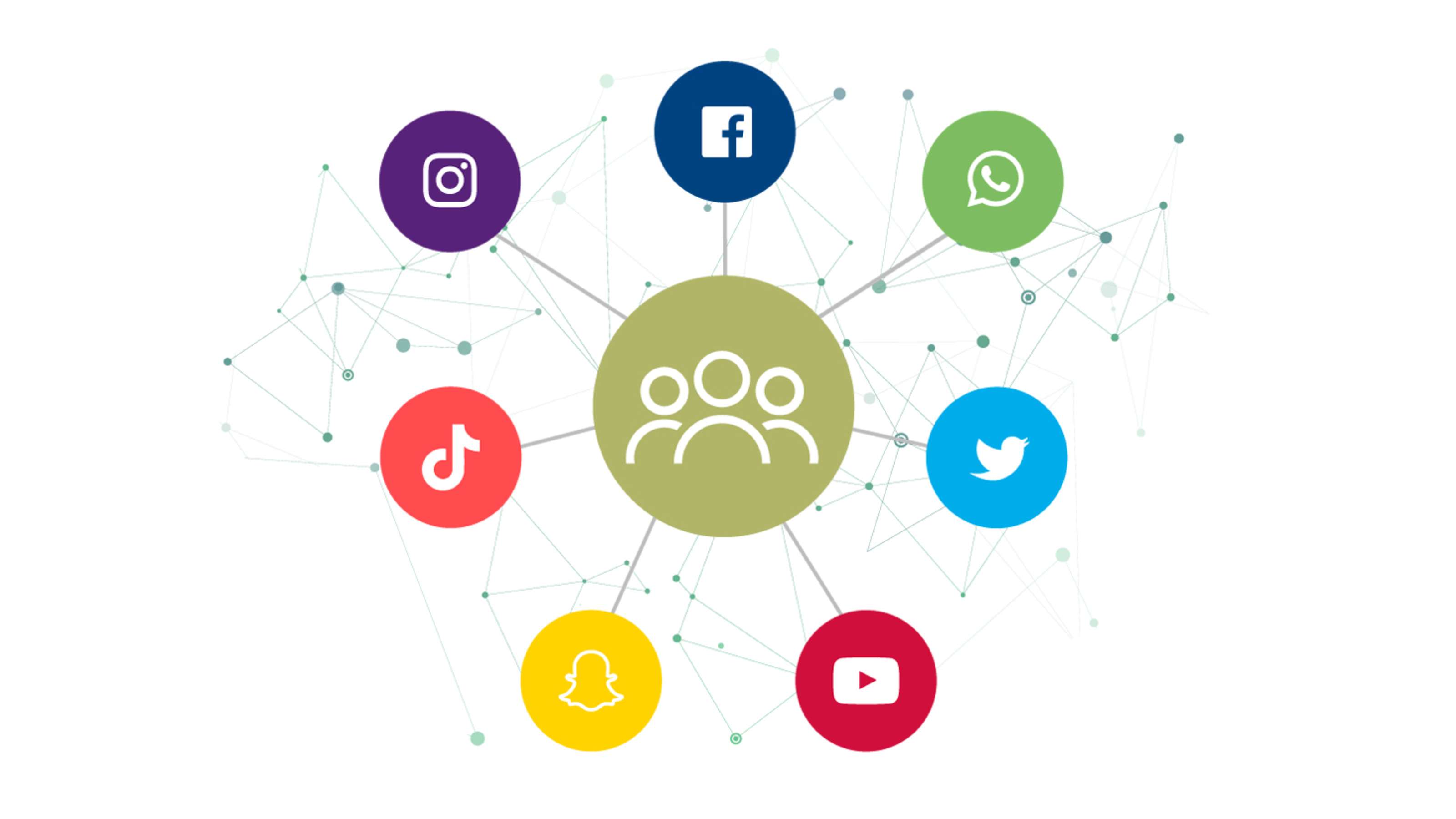Social community platforms have a significant impact on our daily lives in the current digital era. A new generation of creators has emerged as a result of these platforms, which have also changed the way we connect and interact with one another. The need for ethics in content regulation and ethics has grown as producers share their work with the public. This article explores the difficulties creator social community platforms confront in upholding moral principles while preserving freedom of expression.
Moderation of Content: Finding a Balance
Social community systems mainly rely on user-generated content for their success. Maintaining content quality and appropriateness can be difficult on such an open platform, though. To make sure that shared information adheres to platform policies and upholds community standards, content moderation is essential. These platforms constantly struggle to strike a balance between promoting free expression and respecting moral standards.
The Problems with Content Modification
Platforms for creator social communities are faced with many difficulties, one of which is the enormous amount of content produced every second. It can be challenging for moderators to confirm that each piece of material complies with the platform’s ethical standards due to the enormous amount of data they must sort through. The issue is further complicated by cultural differences and the wide range of sensibility among international customers. What could be regarded as insulting in one place might be acceptable in another.
Content moderation and artificial intelligence
Many social media sites have resorted to artificial intelligence (AI) to help with the daunting chore of content filtering. By examining patterns and locating certain phrases, AI-powered algorithms can assist in the detection of potentially hazardous information. Although AI has inherent limitations, it can be effective in some situations. False positives and negatives can happen, which can result in content being accidentally removed or letting offensive stuff through.
The Moral Conundrums
Addressing many ethical conundrums is necessary for maintaining ethics in content moderation. Freedom of speech and censorship frequently conflict. Platforms must make decisions on what content qualifies as hate speech, harassment, or damaging information while still protecting users’ freedom of speech. Finding the ideal compromise between these opposing ideas is an ongoing challenge.
Objectivity and Accountability
Transparency and accountability are essential if creative social community platforms want to win the users’ trust. Users need to understand how platforms handle reported content and how content moderation decisions are made. Platforms can encourage a sense of community ownership by being transparent about their policies and behaviors, ensuring that users take an active role in upholding moral standards.
User Independence
It can be advantageous to include users actively in content moderation. By implementing user-reporting methods, the community may quickly identify offensive content. Furthermore, establishing user guidelines and promoting a polite participation culture might prevent the initial spread of dangerous content.
Conclusion
Content control and ethics are still essential components of Online Creator Social Community Platform operations as they continue to influence our digital environment. Finding a balance between the right to free speech and responsible content filtering is an ongoing process. These platforms can establish a setting where creativity and ethics coexist peacefully by utilizing technology responsibly, encouraging openness, and giving users control.

